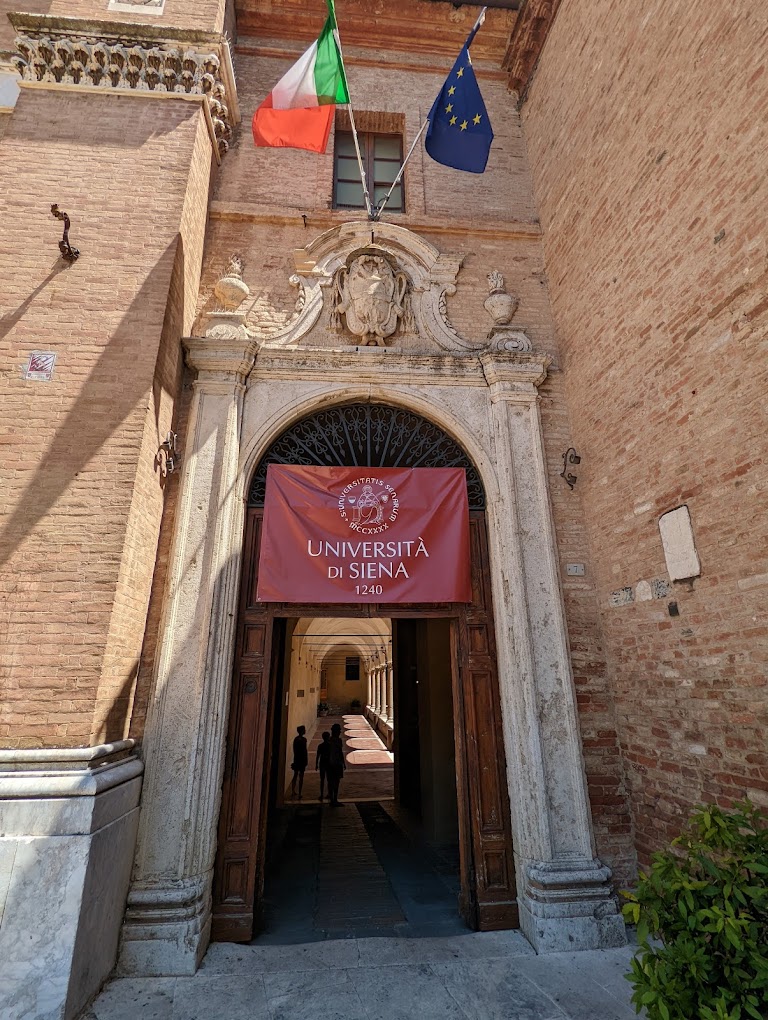Opportunity for a PhD Studentship in: Mechanisms of salt deposition and surface flashover on outdoor insulators in the vicinity of shoreline
Applications are invited for a full-time PhD research studentship within the School of Engineering and Built Environment at Glasgow Caledonian University and in collaboration with the Department of Electrical and Electronic Engineering at Strathclyde University. The studentship is for a period of three years - subject to satisfactory progress - and provides payment of tuition fees at the UK/EU rate plus an annual stipend of £14,600 [please note that students from outside the EU are required to pay the difference between International and EU fees, currently this would amount to £6,334 per annum]. The successful candidate is expected to undertake up to 6 hours of academic support activity per week.
Project Description:
Scotland with considerable length of power transmission and distribution lines passing close to shoreline is very exposed to salt spray from sea over the power system equipment. This is also increasing by new plans to develop marine renewable energy and growing investment on oil and gas industries.
Insulators used for overhead lines and their substations in coastal areas are generally suffered from rapid salt contamination accumulation particularly in the presence of wind. When the salt layer formed on the insulator surface becomes wet, due to fog, condensation or rainfall, the surface conductivity increases. This will cause increasing leakage current, initiation of partial discharge and under certain conditions, can lead to insulator flashover and possibly power outage.
The purpose of this project is to describe the mechanisms of the salt deposit process on high voltage line insulators and to propose a model in order to simulate the salt accumulation process. The model will be used to determine the salt deposit density - a parameter for characterizing contamination severity - as a function of insulator shape, wind velocity, distance from shoreline and particle size.
The output from this work is to determine the severity of this kind of contamination and subsequently determine a suitable mitigation method to overcome this problem. This will help to increase the reliability of power transmission from marine renewable energy power plants.
Eligibility:
Applicants will normally hold a UK honours degree 2.1 (or equivalent); or a Masters degree in a subject relevant to the research project. Equivalent professional qualifications and any appropriate research experience may be considered. A minimum English language level of IELTS score of 6.5 (or equivalent) with no element below 6.0 is required.
Contact: Dr Shahab Farokhi at Shahab.Farokhi@gcu.ac.uk
How to Apply:
Research Application forms are available on request by clicking on the Apply button below and should be returned to researchapplications@gcu.ac.uk
Please state the Project Title on the completed application form and return to this email address.
The closing date for applications is 25th October 2013 (Students must be able to commence their studies from 1st February 2014)
Scholarships are not only for the smart students. Anyone can get scholarships


















Have a Question about this Scholarship?